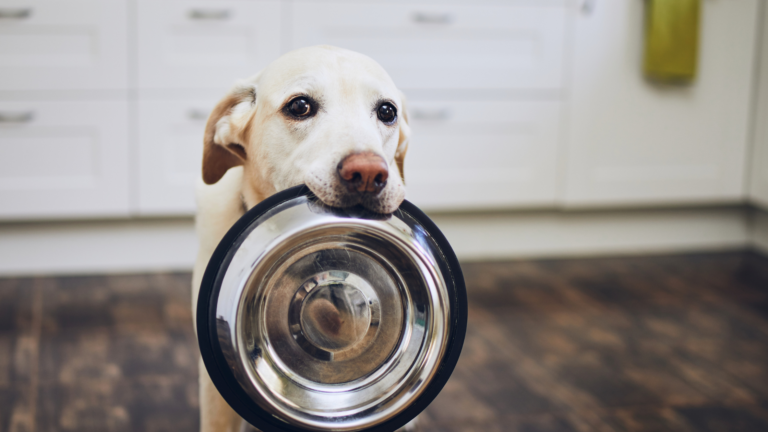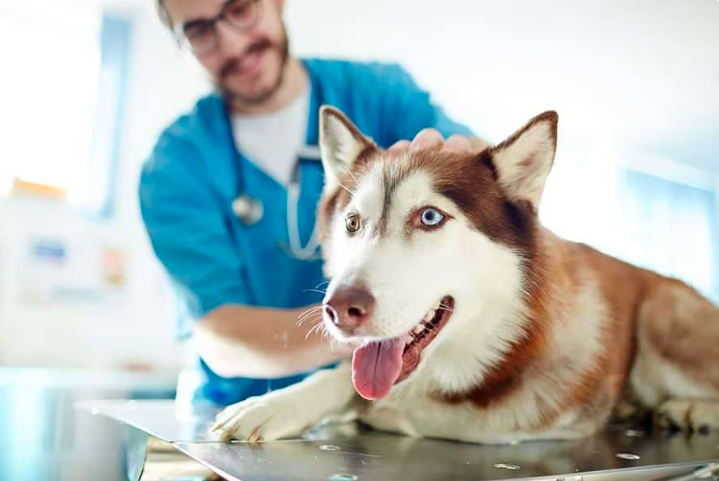Keeping an eye on your dog's well-being is crucial. As an owner or dog sitter, you want nothing more than a healthy, happy four-legged friend. In this short guide (with video), we explain what noisy breathing can mean and when it's better to sound the alarm.
What does noisy breathing mean?
Dogs may breathe heavier due to exertion, heat or stress. But it can also indicate tightness, pain, obesity, respiratory problems or a foreign object. Watch for wheezing, yawning, bluish tongue, drowsiness or if your dog won't lie down or sleep.
When do you take action?
Take direct contact the veterinarian in case of acute shortness of breath, fainting, rapid deterioration or persistent abnormal breath sounds. In doubt? Better to call once too many than too late.
Video: Loud breathing explained
What can you do yourself?
- Keep your dog cool and avoid exertion in heat.
- Check that the collar or harness is not too tight.
- Allow your dog to maintain weight and build condition slowly.
- Observe when it occurs - after play, at rest or at night.
Do you need temporary extra help with walking or a calmer daily routine? A reliable dog sitter in your area can take a lot of worry out of your hands.









